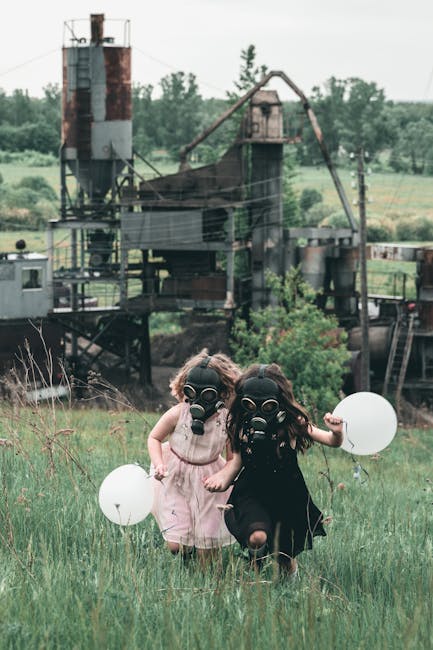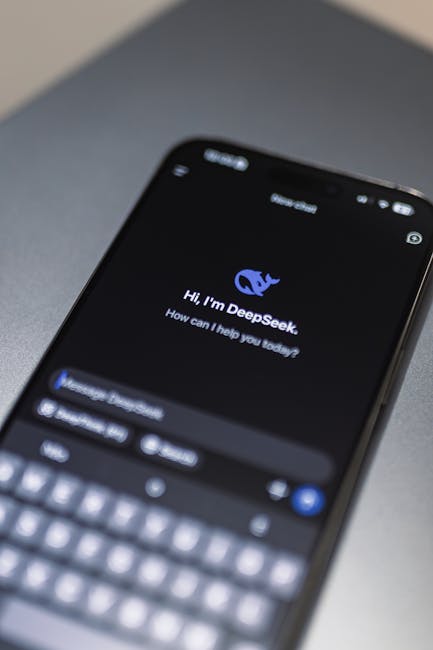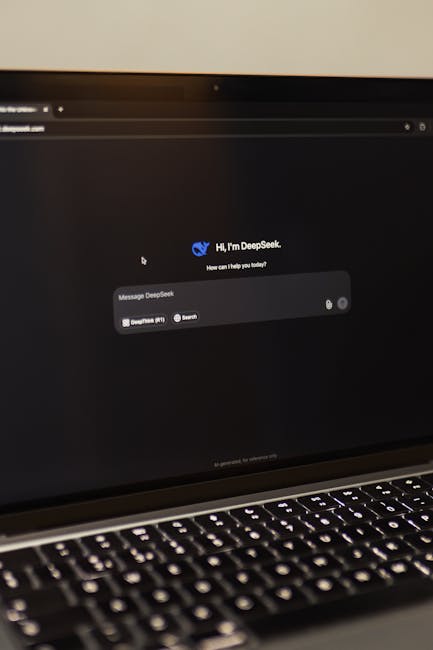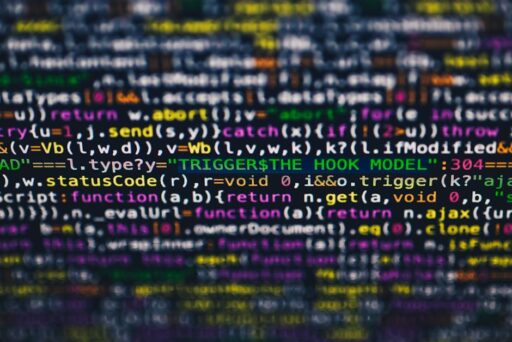Ensuring Safety for Minors: OpenAI’s New ChatGPT Policies
The rapidly evolving landscape of artificial intelligence has necessitated a critical examination of how technology interacts with younger users. In response, OpenAI has introduced a suite of new policies for ChatGPT, prioritizing the safety and well-being of users under 18.
One of the central pillars of these new policies is the prevention of inappropriate interactions. ChatGPT will now avoid engaging in flirtatious discussions with minors and implement heightened safeguards around sensitive topics such as self-harm. In severe situations, the system may reach out to guardians or local authorities to ensure the user’s safety.
These changes come amidst growing concerns over the impact of AI on youth, particularly as chatbots become more sophisticated and capable of detailed conversations. OpenAI’s policies also empower parents by allowing them to set ‘blackout hours’ during which ChatGPT is inaccessible to their children, adding an extra layer of control over online interactions.
While these measures aim to protect minors, OpenAI continues to balance these efforts with its commitment to privacy and user freedom for adults. The company is developing a robust system to verify user age and ensure that the appropriate safeguards are in place. In ambiguous cases, the system will err on the side of caution, applying stricter guidelines to protect young users.
OpenAI’s CEO, Sam Altman, acknowledges the challenges in reconciling these conflicting principles but underscores the company’s dedication to navigating this complex terrain responsibly. As AI continues to integrate into daily life, such proactive measures are crucial in safeguarding the next generation.





